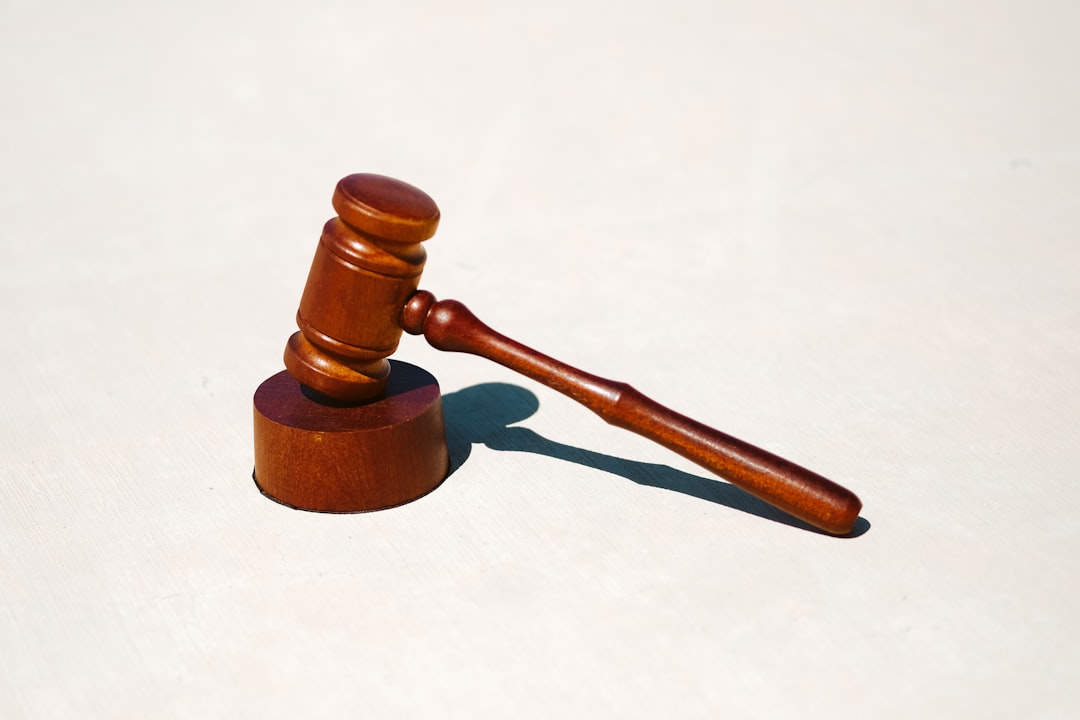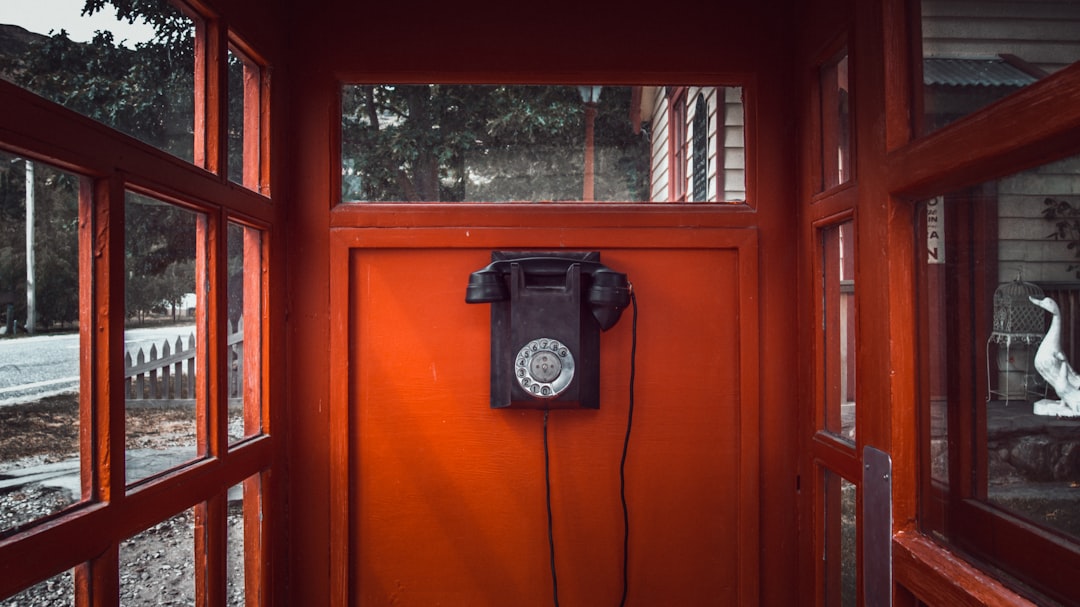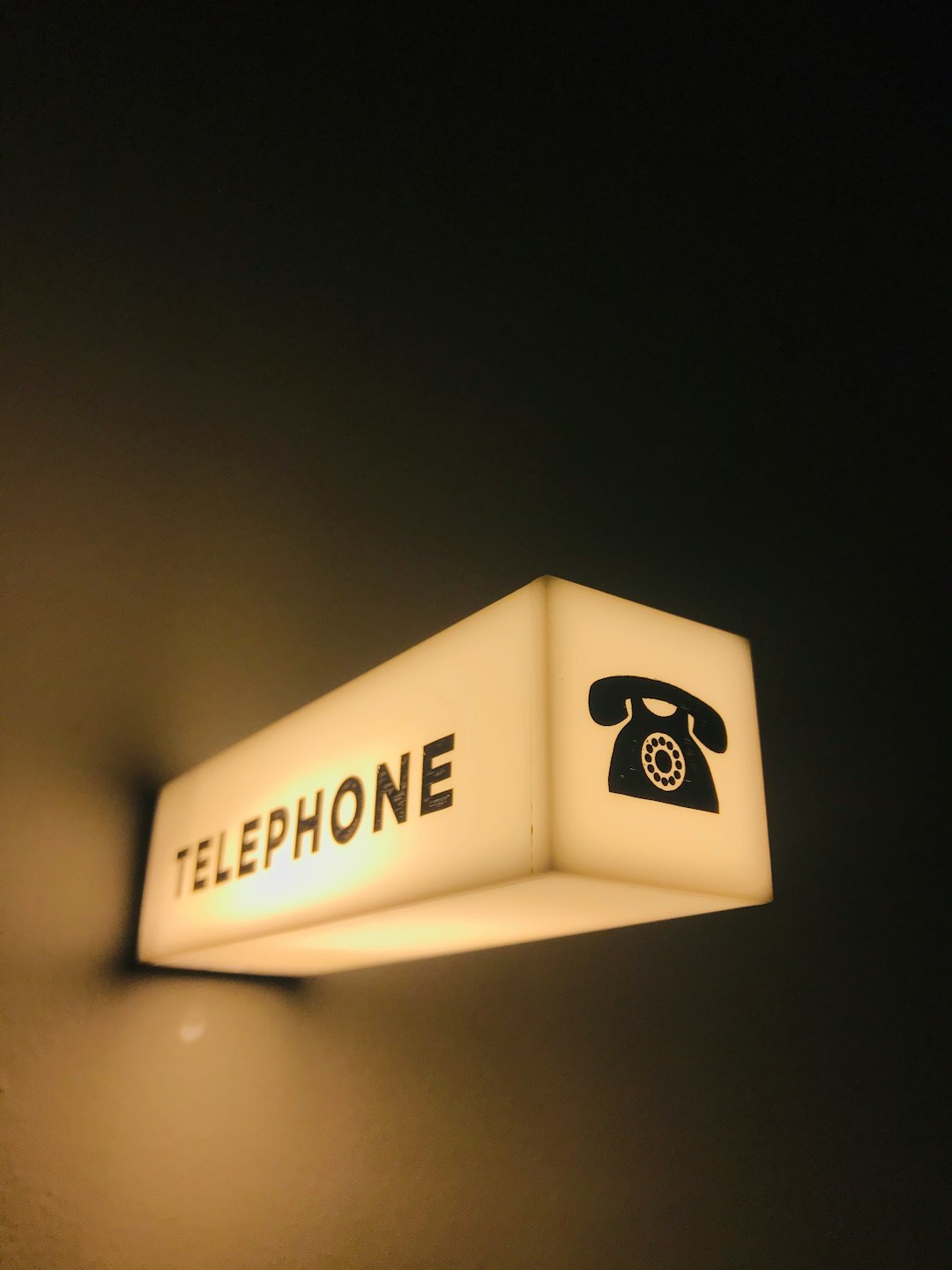Connecticut residents are protected from unwanted spam calls by strict laws enforced by the FCC and state regulations. By documenting evidence and consulting a specialized Spam Call law firm in Connecticut, citizens can take legal action against persistent spam callers, including those promoting local services. The process involves gathering call records, messages, and metadata, which the firm uses to navigate legal procedures and resolve issues under laws like the TCPA.
Bristol residents are increasingly facing nuisance spam text messages, but legal protections exist. If you’ve received unsolicited texts promoting products or services, you may be able to take action. This guide navigates Connecticut’s laws surrounding spam calls and text messages, explaining your rights and how to file a lawsuit with the help of a specialized Spam Call law firm in Connecticut. Learn about gathering evidence, documenting incidents, and the steps involved in holding spammers accountable.
Understanding Spam Calls and Legal Protections in Connecticut

In Connecticut, as in many states across the nation, there are strict laws in place to protect individuals from unwanted and harassing spam calls. These laws are designed to ensure that citizens can enjoy peace of mind when it comes to their personal phone lines, free from intrusive marketing tactics. A ‘spam call’ generally refers to any unsolicited telephone call with the primary purpose of advertising or promoting a product, service, or investment. Such calls often come from automated systems or call centers, making them particularly annoying and difficult to stop.
If you’ve received repetitive spam calls, especially those originating from a Connecticut-based spam call law firm, you may have legal recourse. Understanding your rights under these laws is essential. Federal Communications Commission (FCC) regulations empower consumers to take action against persistent spam callers by filing complaints and seeking damages. There are also state-specific laws in Connecticut that prohibit deceptive and harassing phone marketing practices, offering additional protections for residents.
Gathering Evidence and Documenting the Incident

When filing a lawsuit against spam calls in Connecticut, gathering evidence is crucial. Start by documenting the incident immediately after receiving the unwanted text message. Note down the date and time of the call, as well as any details about the sender’s number or the content of the message. Save these messages, emails, or records as they can serve as vital proof in your case. Take screenshots if you’re on a mobile device for added security.
Additionally, consider keeping a logbook where you record each instance of spam calls received. Include information such as call frequency, the type of messages sent, and any personal details shared. If possible, obtain and preserve any metadata associated with these communications. A Connecticut Spam Call law firm can guide you through this process, ensuring your evidence is admissible and effectively used to support your claim.
Filing a Lawsuit: Steps and Considerations with a Spam Call Law Firm in Connecticut

If you’ve been a victim of persistent spam calls, navigating the legal system can seem daunting. In Connecticut, filing a lawsuit against a Spam Call law firm is a viable option to stop unwanted communication and seek compensation. The initial step is to gather evidence—record the call details, including dates, times, and the content of the messages. This documentation is crucial when presenting your case.
Next, research and consult with a reputable Spam Call law firm in Connecticut specializing in telemarketing laws. They will guide you through the legal process, which may involve sending cease-and-desist letters or filing a formal complaint with regulatory bodies. These professionals can help determine if the calls violate federal or state laws, such as the Telephone Consumer Protection Act (TCPA), and assist in negotiating a resolution or taking the case to court if necessary.






